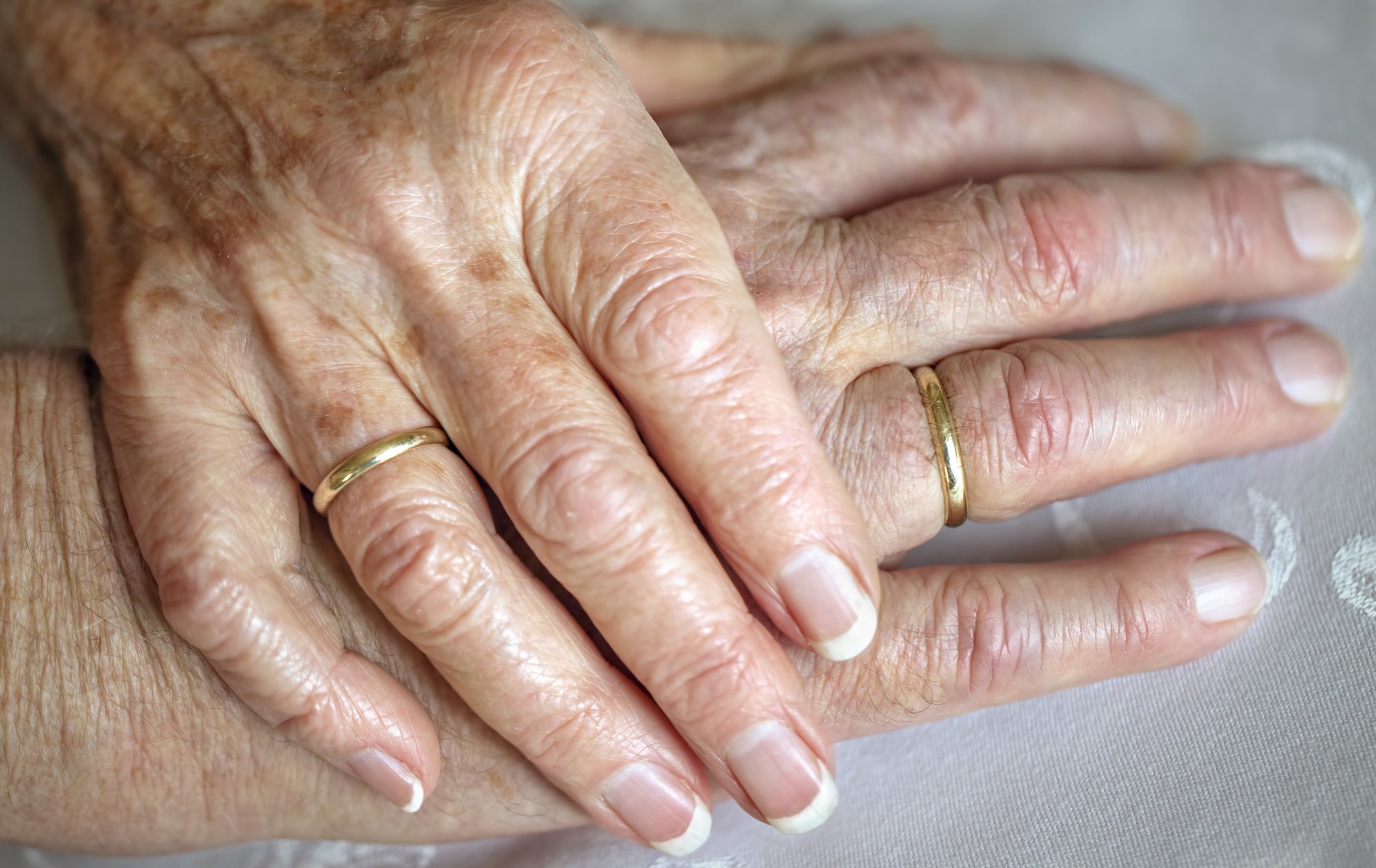
Healthy marriage, healthy mind? Dementia risk lower for people married a long time, studies show; expert suggests why
- A Norwegian study – backed up by numerous others – suggests that being in a long marriage may protect people against the risk of getting dementia
- Being married means we are not alone in the face of life’s stressors. We have somebody to share our burdens with, somebody to talk to
If you have been married for a long time, and especially if you have remained married through midlife, you might have a slightly lower risk of suffering from dementia, a recent study suggests.
There seems to be some relationship between marriage and dementia, says Vegard Skirbekk at the Norwegian Institute of Public Health (NIPH/FHI); this has been shown over the years by a number of other studies.
Their results showed that those subjects who remained continuously married throughout the period had the lowest incidence of dementia. The highest incidence was found among divorced and single people.

My mother was married to my father for just shy of 21 years. She was widowed at 44, missing those key years of companionship between her fourth and sixth decades which are known to be the vulnerable years when cognitive decline, if it is going to happen, begins to sneak in.
Happy people make their partners healthier. Just look at a Singapore couple
Being married, says Skirbekk, means we are not alone in the face of life’s stressors. We have somebody to share our burdens with, somebody to talk to.
“You cope better with adversity and as a result you’re less subject to stress. A partner represents a security that provides a buffer,” he says.

Some stress is good for us, but a permanent state of stress may be very damaging to cognition in the long term.
If your doctor tells you that you are overweight or drinking too much and you do not like what you are hearing, you might change doctors, he says. “It’s not as easy to change your spouse.”

Then again, I socialise more because of my gregarious spouse – left to my own devices I would become a recluse. And isolation is bad for our brains.
Skirbekk’s is not the first study to suggest the protective role of a long romantic partnership.
Live longer: new study reveals health benefits of traditional Chinese family bonds
A 2018 meta study – of 15 studies with a total of 812,047 participants – drew the same conclusion: that being married was associated with reduced dementia risk.
A 2020 investigation by researchers at Michigan State University, in the US, concluded that the association between being divorced/widowed and an increased risk of dementia was stronger for men than for women.
A 2019 survey of 120,000 American men found that married men are healthier than men who were never married or whose marriages ended in divorce or widowhood.

Having children within the union of marriage – or a long-term partnership – also seemed to offer protection. It could be, the researchers conclude, that if you have children you are forced to remain cognitively engaged by helping with maths homework, or keeping ahead of the tech curve.
Kids might make it easier to stay current, be relevant, be a source of interest.
In my mother’s case, although she had children, we were on the cusp of becoming independent when my father died, so we needed less of her time day to day. Because of that, she found herself excluded from the arenas where parents of younger children find themselves connecting and engaging.
Research seems to suggest that people who remain cognitively engaged throughout their lives build up more cognitive reserve.
Harvard describes cognitive reserve as “your brain’s ability to improvise and find alternate ways of getting a job done; it is developed by a lifetime of education and curiosity”.
You can’t cure dementia but you can lower risk of suffering it, doctors say
Postmortem analysis of brains have found that the pathology of Alzheimer’s, for example, does not necessarily mean symptoms are present in life.
But dementia is very complicated, its causes are not wholly understood, nor are its attendant risks, with the best will in the world, easy to mitigate. Just being married is not going to absolutely protect you from it. Many marriages are damaging and unhappy.

And you can do all that whether you are single or married.
My mother’s dementia is – I believe – the result of many things. Maybe becoming a widow at 44 was just one cruel card in a whole hand.












